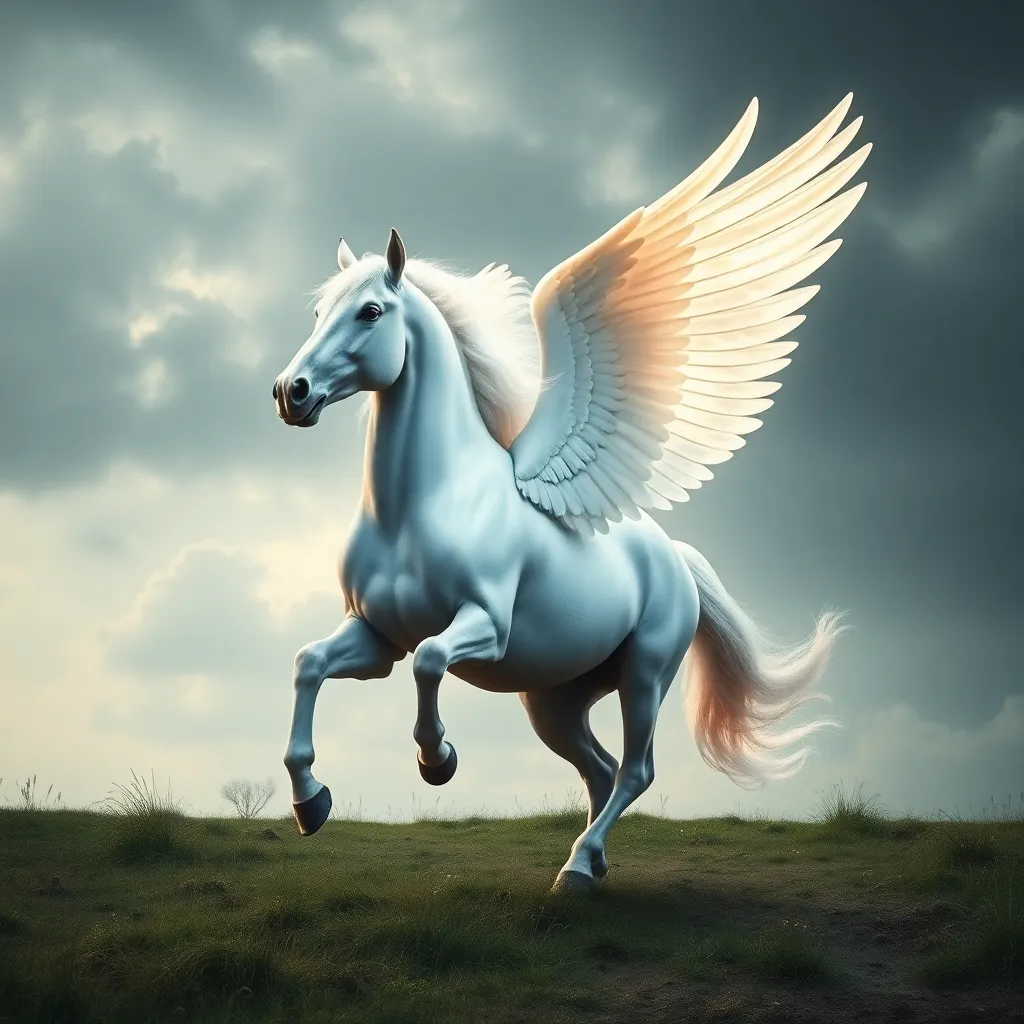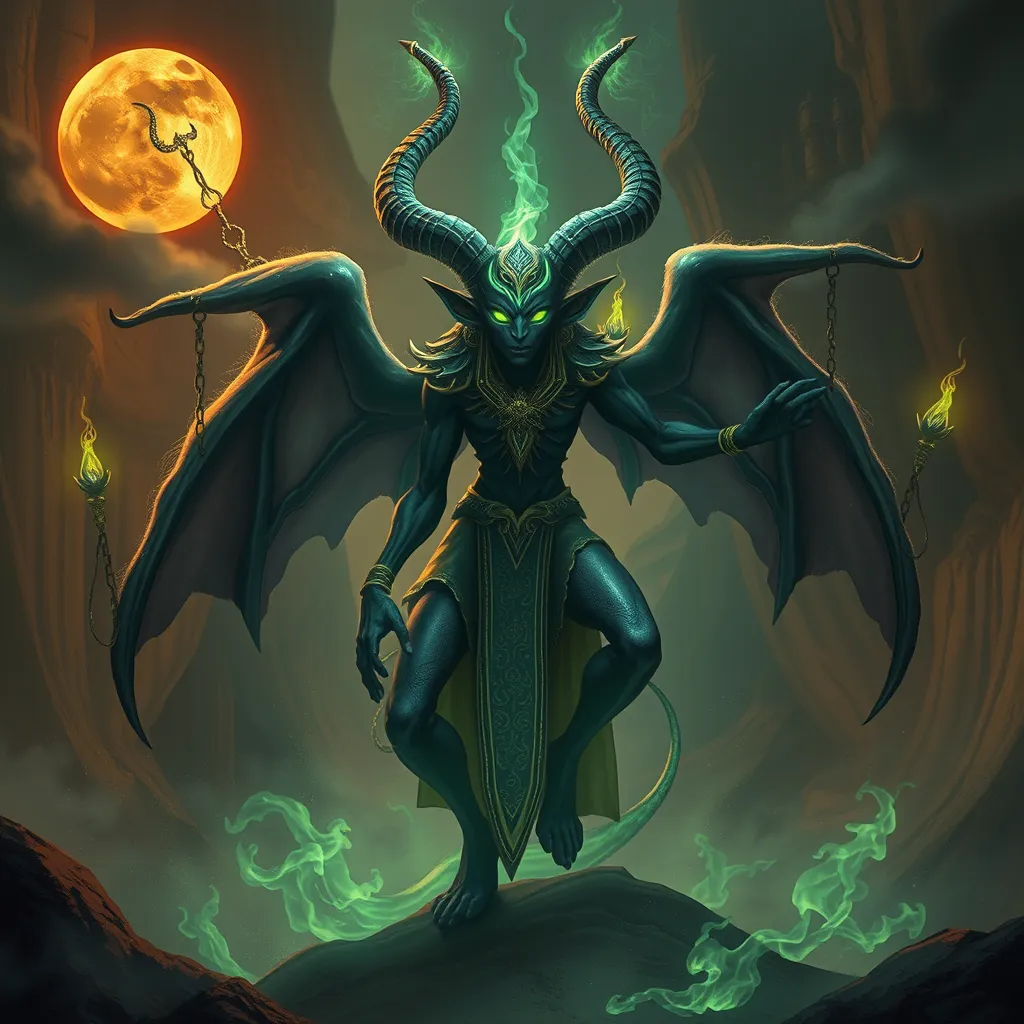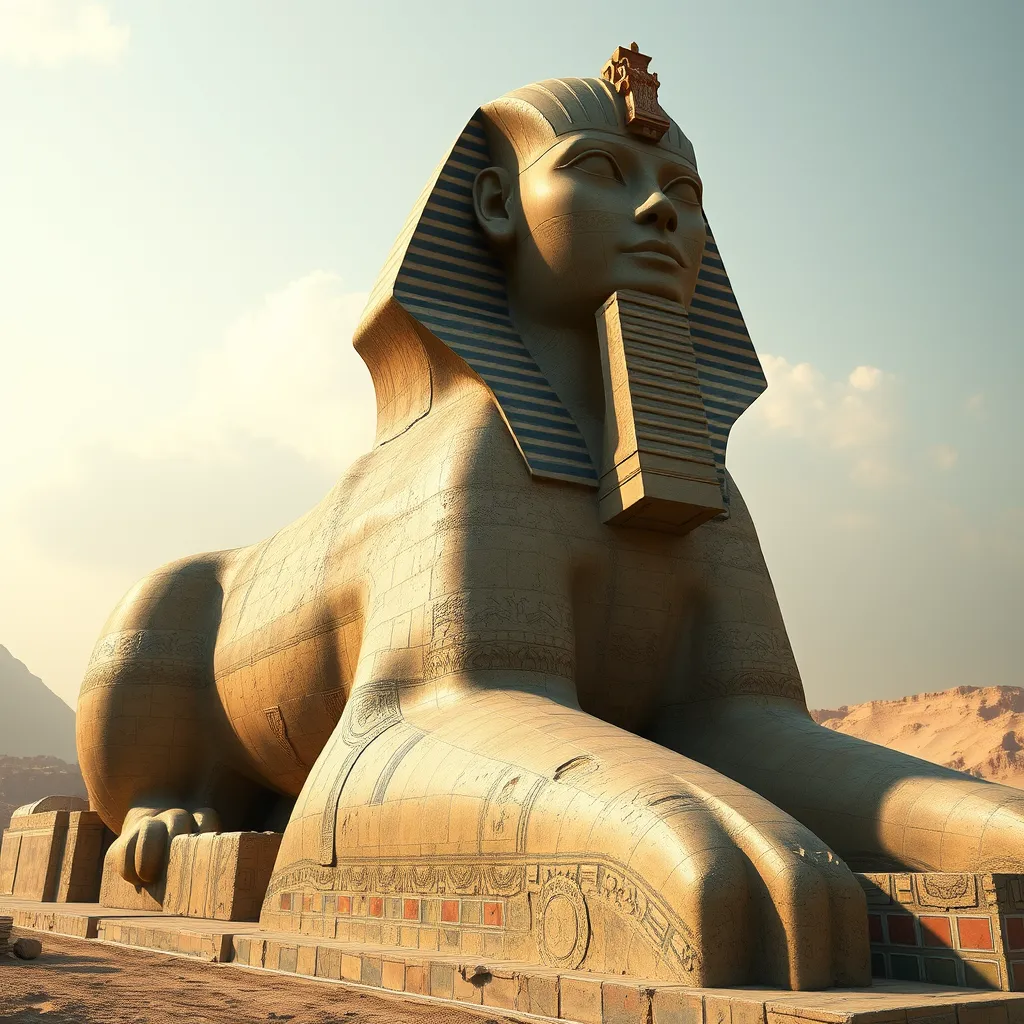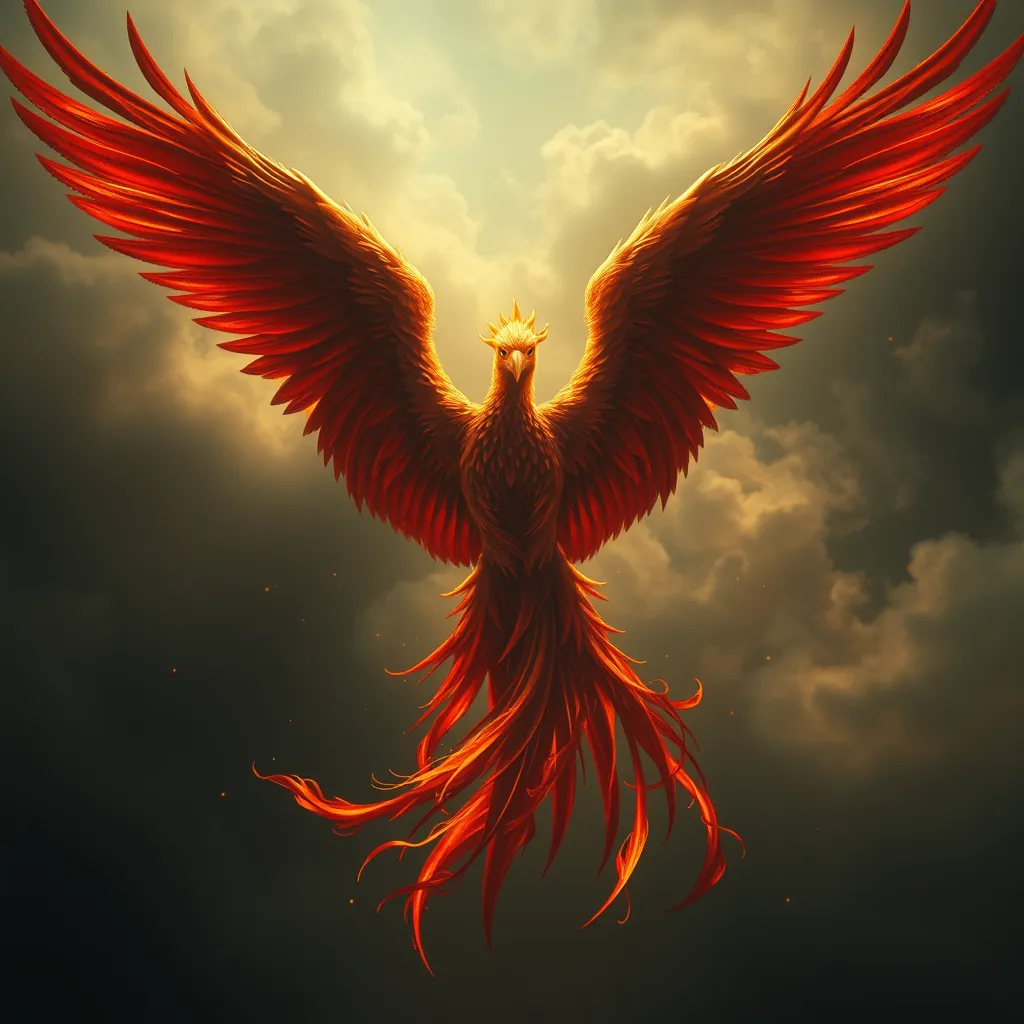The Horse of Hope: Investigating the Symbolic Significance of Pegasus as a Force of Joy and Optimism
I. Introduction
Pegasus, the magnificent winged horse of Greek mythology, has captured the imagination of people for centuries. This mythical creature symbolizes not only beauty and grace but also serves as a powerful emblem of hope and joy. Throughout various cultures and historical contexts, symbols play a crucial role in conveying complex emotions and ideas, acting as conduits for human expression. In this article, we delve into the significance of Pegasus as a symbol of optimism, examining its roots in mythology, its artistic representations, and its enduring relevance in contemporary culture.
II. The Mythological Origins of Pegasus
The story of Pegasus begins in Greek mythology, where he was born from the blood of the Gorgon Medusa after she was slain by the hero Perseus. This extraordinary birth marked Pegasus as a creature of both beauty and tragedy. According to myth, Pegasus was tamed by the hero Bellerophon, who rode him in his quest to defeat the monstrous Chimera.
Key myths involving Pegasus include:
- The creation of the spring Hippocrene on Mount Helicon, which sprang forth when Pegasus struck the ground with his hoof.
- The adventures of Bellerophon, who used Pegasus to soar above his enemies and achieve great feats.
- The eventual ascension of Pegasus to the heavens, where he became a constellation, symbolizing eternal hope.
Historically, Pegasus has been interpreted in various ways across different cultures, often embodying the qualities of nobility, freedom, and the pursuit of lofty ideals.
III. Pegasus as a Symbol of Freedom and Aspiration
The imagery of flight associated with Pegasus has long been linked to concepts of liberation and aspiration. The ability to soar through the skies represents the human desire to rise above challenges and limitations, both physically and metaphorically. In art and literature, Pegasus serves as a powerful representation of dreams and ambitions.
In various creative expressions, Pegasus is often depicted as:
- A source of inspiration for poets and writers, symbolizing the boundless nature of creativity.
- A metaphor for the journey toward personal goals, encouraging individuals to pursue their dreams with courage.
- A representation of collective aspirations, uniting communities in the pursuit of common ideals.
IV. The Role of Pegasus in Modern Culture
In contemporary media, Pegasus continues to thrive as a symbol of hope and optimism. From films to literature, this mythical creature is frequently featured in narratives that emphasize resilience and the power of belief.
Notable representations of Pegasus in modern culture include:
- Films like “Clash of the Titans,” where Pegasus is portrayed as a noble ally in the fight against evil.
- Literary works such as Rick Riordan’s “Percy Jackson” series, where Pegasus embodies the spirit of adventure and courage.
- Branding and marketing initiatives that utilize Pegasus to evoke feelings of positivity and aspiration, particularly in industries related to wellness and self-improvement.
V. Psychological Perspectives on Pegasus as a Symbol
The impact of symbolism on human emotions and behavior is well-documented in psychological studies. Symbols like Pegasus can evoke feelings of joy, freedom, and optimism, influencing our mental states and actions.
Pegasus embodies joy and optimism in several psychological contexts:
- As a therapeutic symbol, Pegasus can be used in art therapy to encourage individuals to express their aspirations and emotions.
- Case studies have shown that the imagery of Pegasus can help individuals visualize their goals, fostering a sense of empowerment and hope.
- The positive associations with Pegasus can aid in combating feelings of despair and negativity, reinforcing a mindset oriented toward growth.
VI. The Cultural Resonance of Pegasus Across Different Societies
The myth of Pegasus has transcended Greek culture, finding resonance in various societies around the world. Different cultures have interpreted the Pegasus myth in unique ways, often emphasizing themes of hope and joy.
Key variations of the Pegasus myth include:
- In Chinese mythology, the idea of a winged horse symbolizes freedom and the pursuit of knowledge.
- In Persian culture, similar mythical creatures represent divine wisdom and the elevation of the spirit.
- Across many cultures, the symbolism of flight often embodies liberation from earthly constraints.
This universality demonstrates the enduring nature of the Pegasus symbol in global narratives, representing a shared human aspiration for joy and freedom.
VII. The Artistic Depictions of Pegasus: A Source of Inspiration
The artistic depictions of Pegasus are numerous and varied, serving as a source of inspiration for countless artists throughout history. From classical sculptures to modern illustrations, Pegasus has been a favorite subject in the creative arts.
Prominent examples of Pegasus in art include:
- The Renaissance paintings of artists like Sandro Botticelli, who captured the ethereal beauty of Pegasus.
- Poetry from the Romantic era, where Pegasus symbolizes the transcendence of the human spirit and creativity.
- Musical compositions inspired by Pegasus, evoking themes of freedom and aspiration through melody and rhythm.
Artists often use Pegasus to convey themes of joy and optimism, inviting audiences to reflect on their own aspirations and dreams.
VIII. Conclusion
In conclusion, Pegasus stands as a powerful symbol of hope and joy, transcending cultural and historical boundaries. This mythical winged horse embodies ideals of freedom, aspiration, and creativity, inspiring individuals and communities alike. The enduring legacy of Pegasus continues to influence art, literature, and psychology, reminding us of the importance of embracing optimism in our everyday lives. As we reflect on the symbolism of Pegasus, let us strive to cultivate hope and joy, allowing this magnificent creature to guide us on our own journeys toward fulfillment and happiness.



